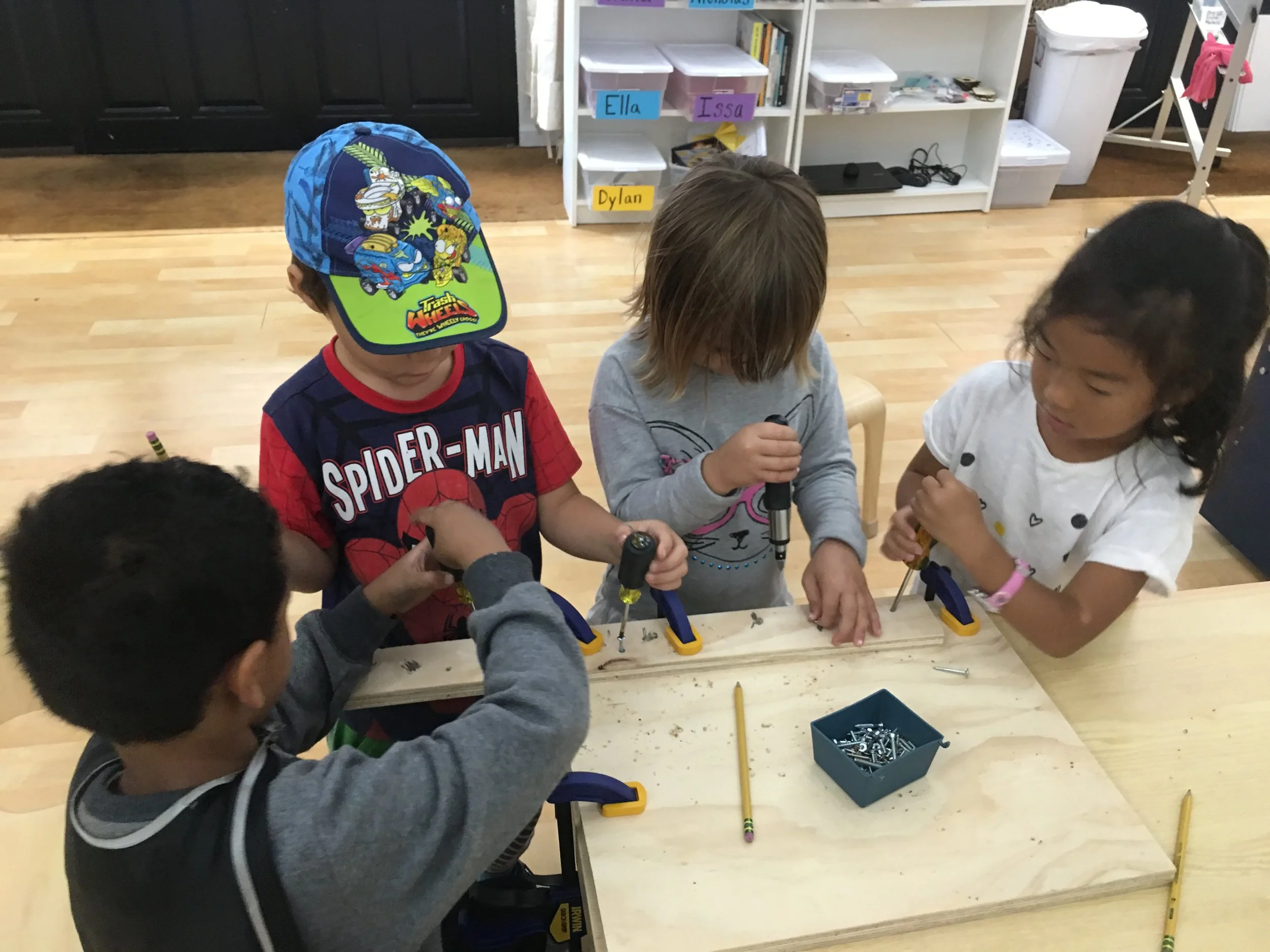I’ve spent my career in managing engineering teams in small and large companies. The startup I cofounded grew from just the two founders to ninety five people before it got acquired by Intel in 2013. At Intel, I was managing a team of nearly one hundred and thirty engineers spread globally across four regions: US, Romania, India and China. We were a design team of software and hard engineers that were not only building the products but were an integral part of winning major deals internationally working closely with the business development and sales teams, and then implementing the solutions with our customers.
One thing that had become more and more clear to me in my corporate career was that engineers who had the degrees from the best colleges, or had a single focus on the technical aspects of their skills were not necessarily the ones who progressed most rapidly in their careers. These projects required tons of effective communication, coordination, and out of the box thinking in solving issues that ranged from technical to regulatory to personnel. Folks who exhibited these qualities, what we today call social and emotional skills, were the ones who excelled and went up the career chain most rapidly. They were the ones solving those thorny unforeseen issues that come about in complex situations. That’s why at Portfolio School we pay special attention to these skills. Our immersive project based learning curriculum will not only teach students how to apply the core skills they will learn in Science, Engineering, Technology and Math (STEM), but will also help them learn the 21st century skills of collaboration, communication, lead by influence not by title, and entrepreneurship.

